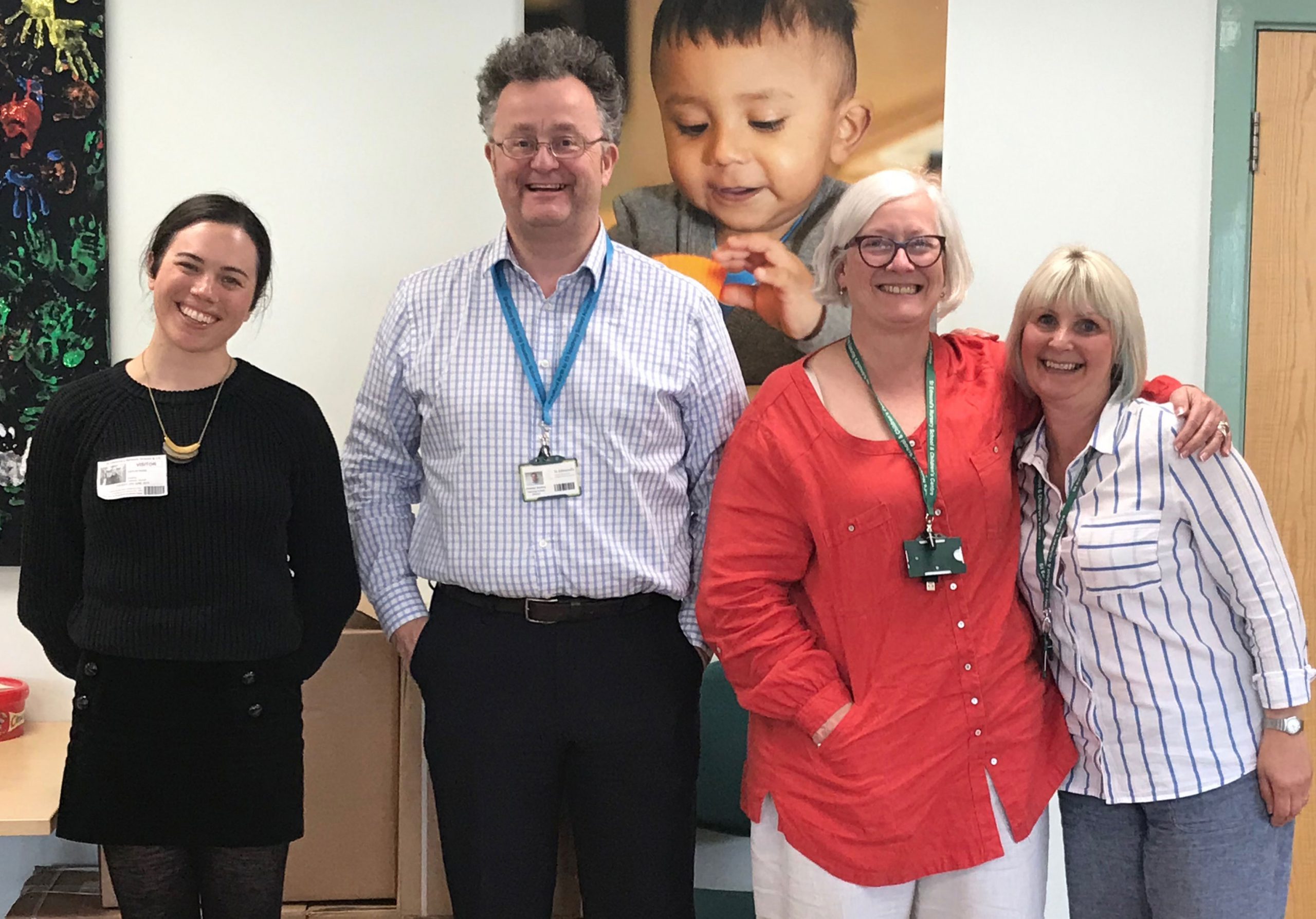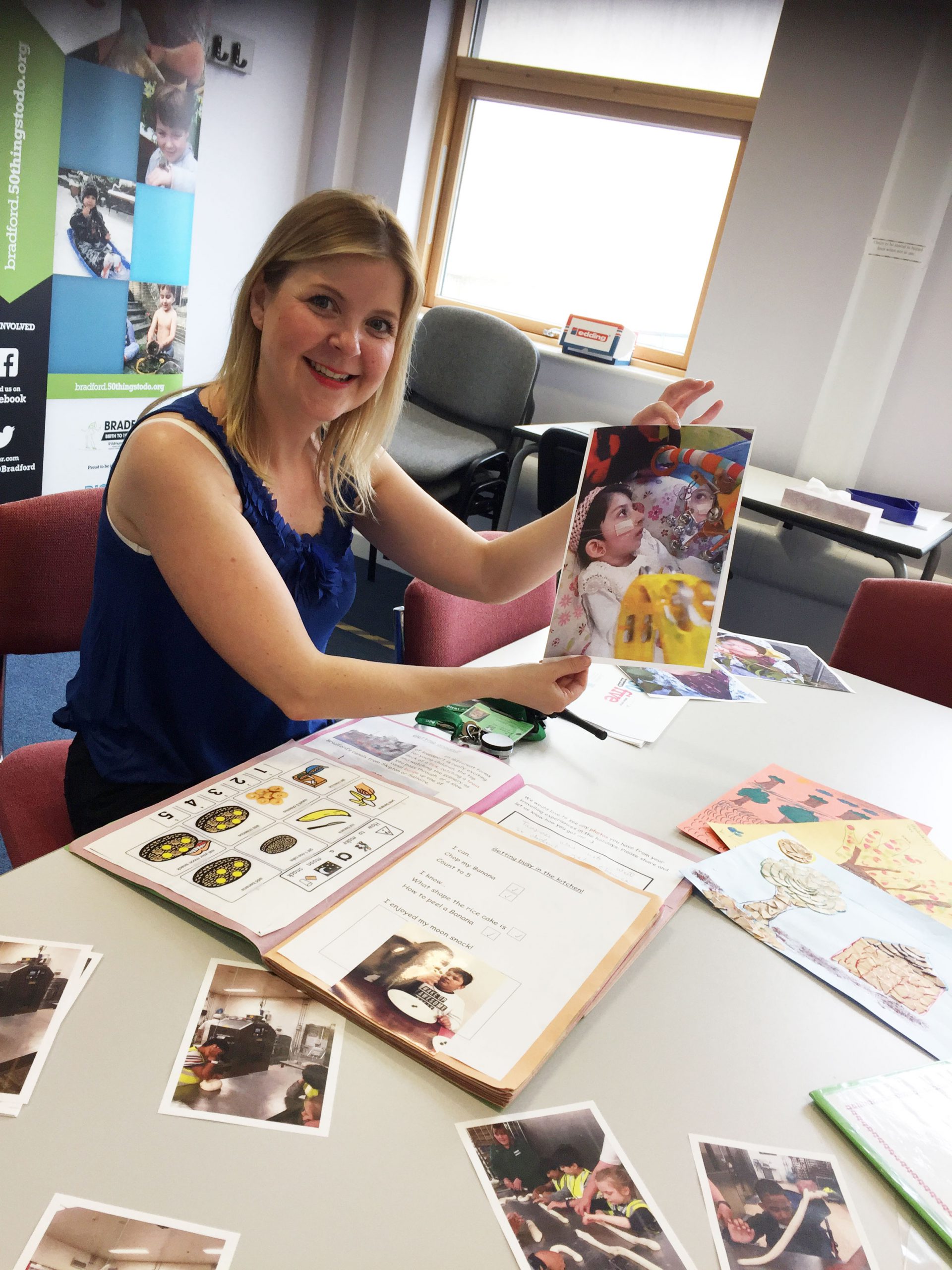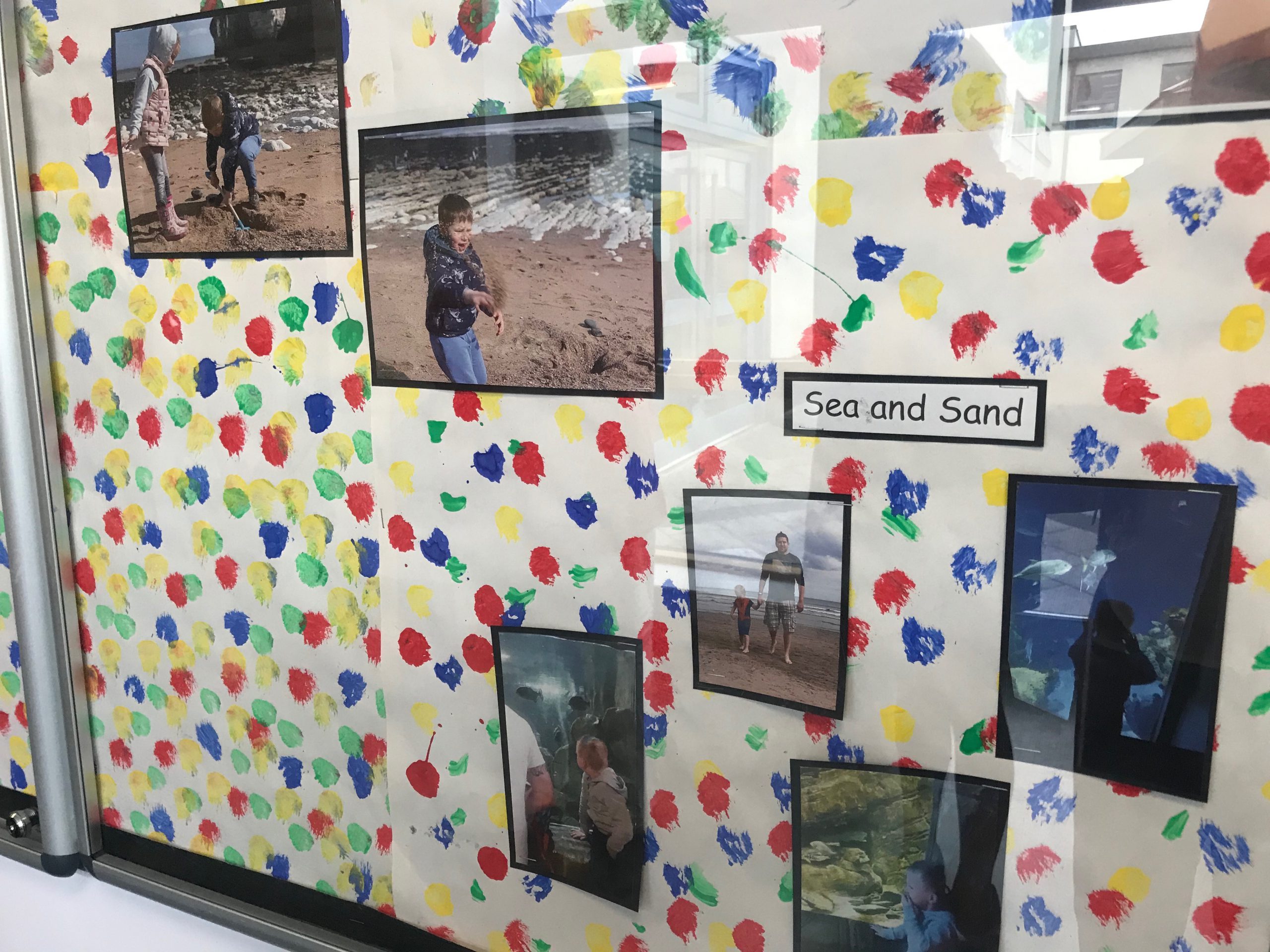My niece will be 5 years old in December and I’m terrified for her to attend school. She herself is beyond excited – what’s not to look forward to, she’s already having a great time at nursery with new friends and new experiences. Just as I got used to her going to nursery, the idea of a niece at primary school will no doubt soon be very familiar.
By the way, I have no children of my own and live on the other side of the world from my niece, and have since she was born. I see her once a year if I’m lucky, and talk to her nowhere near as often as I should. So, if I feel like this at the idea of ‘letting her go’ out into the big wide world, my resonation is only surface level with the parents who tell Andrea Layzell, programme lead at 50 Things Bradford, “He’s too young” or “I’m not ready to let him go, he’s my baby” when asked why they’ve not chosen to put their little ones into free child care and education opportunities that they’re entitled to as 2 to 5-year olds from Shine.
50 Things Bradford (from Voice Bradford) is celebrating their 1st birthday on June 29th. We welcomed them into the Big Change family of projects partners in 2017. More specifically, the 50 things are 50 Things To Do Before You’re 5; 50 activities for parents and carers to support children to try out and repeat in order to support the development of language, literacy and communication skills before entering school.
Early this month Caitlin, Big Change’s impact manager, and I hopped on a train to Bradford to find out first-hand about the project and the people involved.
Andrea says that seven months ago most Bradford parents hadn’t heard about 50 Things, but today most have. They’ve used lots of different marketing tools and have had some great media coverage – including this segment on BBC (see below). But they found that face-to-face works best for them.
This is where the doorstep conversations with parents come in to help them understand how they can engage. Andrea notes: “If we’re going to have all of our community successful we have to take into account all the barriers.” She notes that a big part of the success of the 50 Things programme is the extent to which they have adapted it to reflect local context. To do this, they need to understand the realities of the parents who will become their end users.

Christian is teaching school director at St Edmunds where 50 Things was born. He adds that child poverty is a big concern in Bradford areas. South Bradford is the worst for social mobility so “the home learning environment is all there is.
50 Things isn’t just for the poorer areas of Bradford, it’s for everyone. Andrea reflects on doorstep conversations with families in more affluent, middle-class areas, saying that in those cases the parents often insist that they are doing these activities anyway. But in reality, often they are time poor and feel guilty about that.
This is the ongoing work that 50 Things are doing to onboard all parents of children under 5 in Bradford. But already Christian says that “5000-7000 posters have been given out. Plus, you probably have more than one child under 5 so that’s about 10,000 children affected.”
This translates into Big Change seed funding influencing around a quarter of children in Bradford who are inside the project in some way within just a year! Throughout our visit Andrea thanked us for our support with true gratitude and I feel stunned because it’s herself and all the others involved directly at 50 Things who I want to thank!
There are 50 Things Enthusiasts who support the initiative to reach parents. Amanda Jordan is an Enthusiast and joins us in our chat with Andrea and Christian. She says: “I tell everyone who is around.” Engagement with parents is the most important thing. “[Parents] see me, I’m there all the time to engage with them.”
Building trust with parents is so important, Amanda tells us, “Be there for them, do it two to three times with them. Just be there and have that presence.” They all agree that to really shift things you have to stay with an area and have to make it something that belongs.
Amanda says many parents love to do the activities in groups, so she takes up to eleven families out to the wood on a weekend where they can do 4 or 5 activities in one day. What they would love to see though is parents viewing 50 Things as something they can do on the walk home from nursery with their children rather than just activities for weekends and school holidays.
Andrea reveals that the most viewed activity on the 50 Things app is #1’Get to know you’, which encourages parents to use lots of eye contact, developing communication and practising early sound. The least popular is #29 ‘Pitter patter’ – or playing in the rain and puddles.
Amanda has gone ahead and bought her granddaughter a full set of waterproofs for the opportunity, but she understands the reluctance of busy parents due to worry about wet children!
Place-Based Projects
The promotional material for 50 Things, including activity posters and cards deliberately incorporate photos of children known to the community. “It’s a local thing; the children are identifiably Bradford children,” says Christian. Amanda’s own grandchildren are some of those pictured.
Since launch, 50 Things has expanded from Bradford to other regions in the country, but it has maintained its crucial place-based approach in each. Different communities have been able to utilise infrastructures available to them by choosing to focus on different themes.
In Leeds, the programme will operate exclusively in child centres, Kirklees will use 50 Things to reach disadvantaged families, Cotterdale is focusing on public health, and in East Sussex where 50 Things has shown particular success, their aim is to engage grandparents.
Amanda reflects that grandparents tend to have more time to do things with the children, and, speaking from experience, she says “we’re in a position to recognise how quickly that time when children are young sails by.”
Inclusivity – language and send
Although the main focus of 50 Things remains squarely on early years, it’s an inclusive project. Bradford is a multicultural city so we asked Andrea and Christian if they were considering translating 50 Things into other languages, including Urdu for the district’s largest proportion of people of Pakistani ethnic origin in England.
They told us that 50 Things relies on Enthusiasts like Amanda to encourage parents to use translation functions on smartphones because this offers existing accessibility not only to translations but aural services to parents who may not read.
After chatting at St Edmunds, Andrea took Caitlin and I over to Delius Special School. Children at Delius are 2 to 11 years old and all have a form of Special Educational Needs and Disability (SEND). The school is filled with positive attitudes, though some children have life-limiting disabilities.
This makes 50 Things a very appropriate tool for teachers and parents at the school. They’ve been able to adapt and expand the activities easily to help the children learn and experience at school and at home.

Assistant Headteacher, Charlotte Millea, introduces us to some of the children doing 50 Things activities and shows us how they record them in ‘yearbooks’ to show their parents. Delius is seeing a noticeable difference in parental engagement since embedding 50 Things in their curriculum. They’re careful though not to attach it to performance measures – ensuring they uphold the ethos of play.
“Parents and teachers like it because it’s outside the main curriculum, fun, tangible and non-judgmental,” says Charlotte. 50 Things activities are an important opportunity for parents to bond with their children who are not able to communicate the way children in mainstream school do.
The wisdom of investing in early years
“There is a challenge in early years to show that one intervention is making a difference because every child has a wide range of experiences in their lives.”
Andrea Layzell
But, like so many things, proving impact is a necessary part of the process. The challenge of it though is part of the reason why Big Change explicitly supports projects financially in their early stages when proving impact can be more complex. Local authorities often only invest in things that are really likely to have promise, and we want to help our project partners to be able to reach the point of demonstrating theirs.

50 Things though has taken on a benchmarking exercise. They asked a handful of children to sit speech and language tests first. What they found is statistically relevant, says Christian. 30% of children without special needs needed speech and language support – right across Bradford, not just in low-income areas or those with low quality teaching.
“This is the size of the problem in the UK in average areas, and a piece of work with 50 Things found this! These children are unidentified. This is the wisdom of investing into this. If we don’t tackle this before age 5, chances are you’ll have a permanent speech and language issue. If you don’t do anything about it before 5 you won’t be able to.”
Christian Bunting
Christian also tells us: “There is a big connection between health and education in the early years. Healthier children do better at school because they are healthier.”
For this reason, sports groups and Born in Bradford are showing keen interest in getting involved with 50 Things. The app is an easy to introduce other ideas such as sports, while Born in Bradford is looking at reasons why Bradford has the highest rates of childhood illness in the UK, tackling this with a link to education is an important element. It’s proof of the potential for the 50 Things idea to have wider impact.
As Amanda drops Caitlin and I off at the train station for our journey back to London, the rain is setting in. There’s a long walkway down from the carpark to the station entrance, so we decide to take on #29 ‘Pitter patter’ from the 50 Things list.
